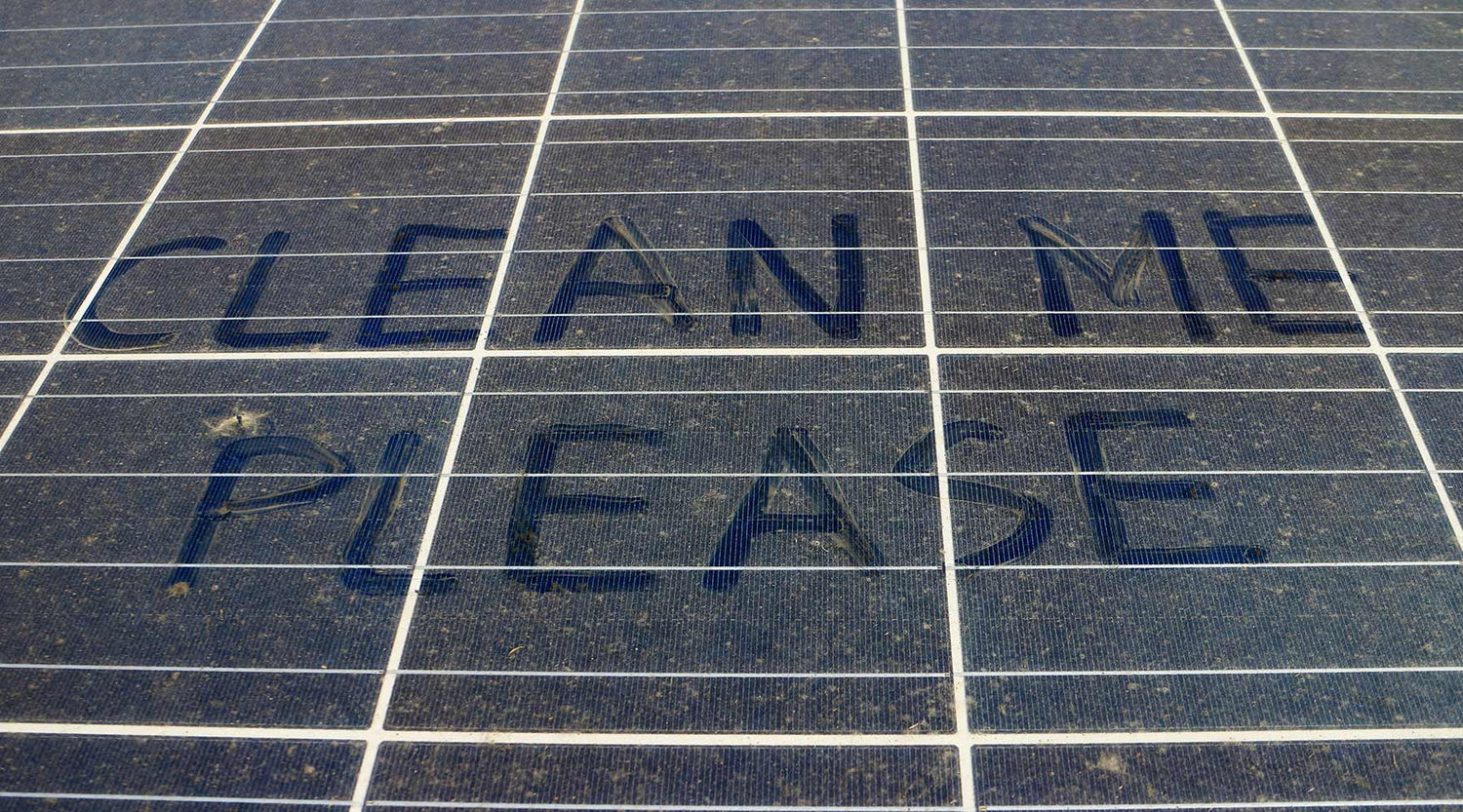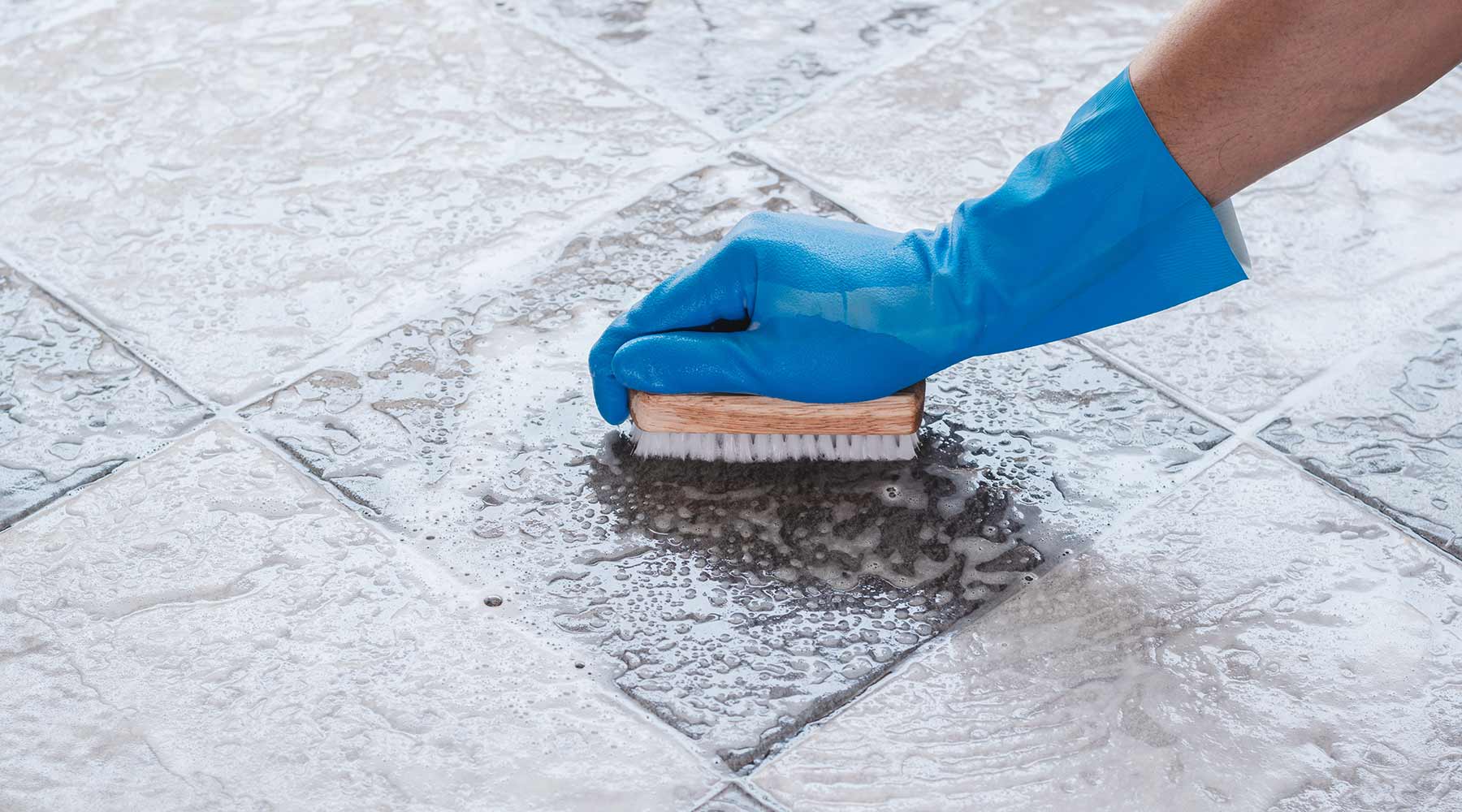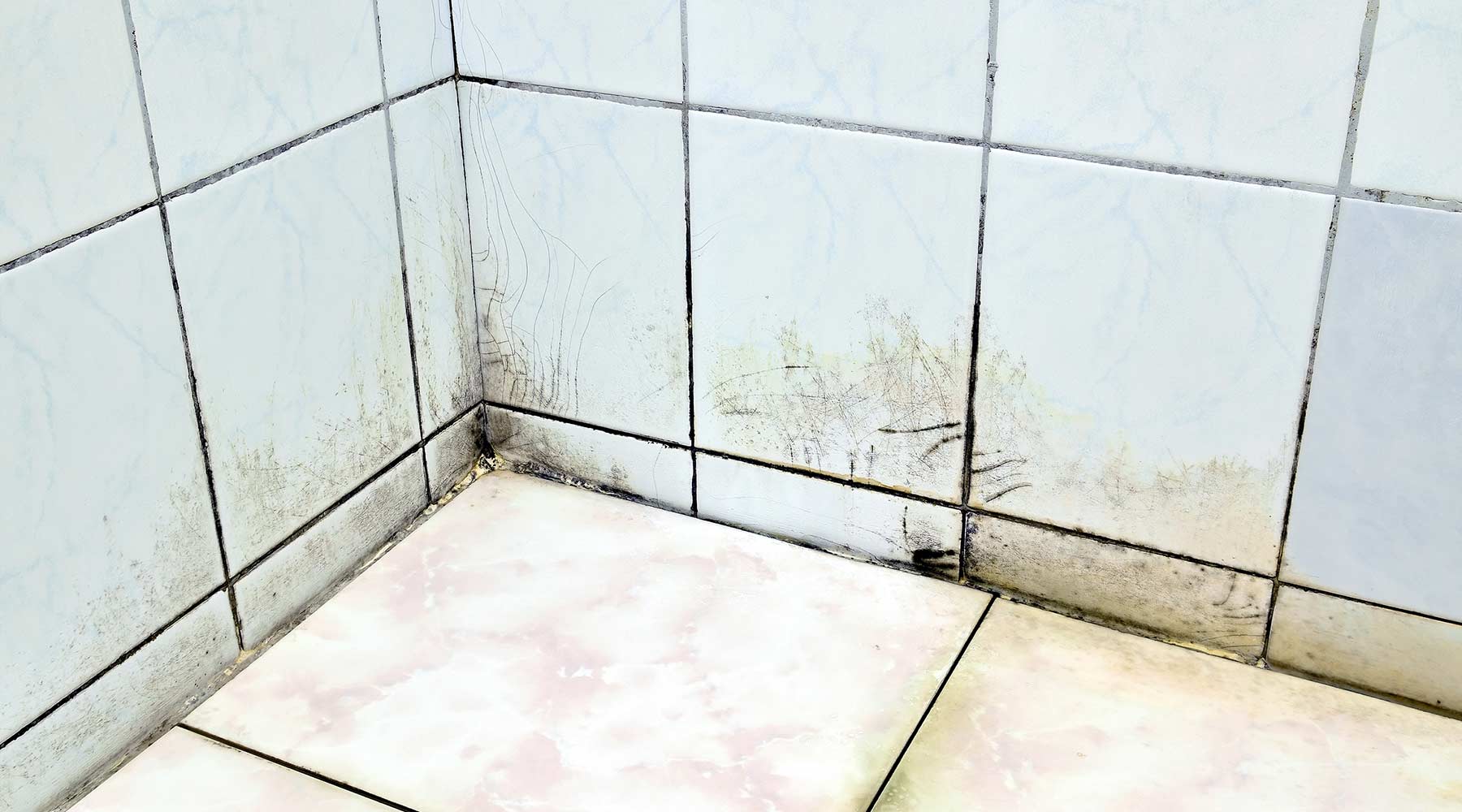The Dos and Don'ts of How to Clean Solar Panels
Maintaining your solar panel system is crucial for maximizing its efficiency and prolonging its life. Cleaning your solar panels regularly can significantly impact their energy production, ensuring you get the most out of your solar installation.
Let’s explore the essential dos and don'ts of how to clean solar panels, with a special invitation to also explore Diamon-Fusion International’s Pro Solar Defender™ Kit for cleaning and keeping your panels in top condition.
Does Dust Affect Solar Panels?
Yes, dust significantly affects solar panels. Dust accumulation on the surface of solar panels can obstruct sunlight, leading to a decrease in the panels' energy production efficiency.
When dust, along with other debris like leaves and bird droppings, forms a layer on the solar panels, it can prevent sunlight from reaching the solar cells effectively. This obstruction reduces the amount of light absorbed by the cells, which in turn, lowers the overall energy output of the solar panel system.
The Dos of Cleaning Solar Panels
- Consult Your Solar Panel Manufacturer or Installer: Before you start, it's important to check any specific cleaning recommendations from your solar panel manufacturer or consult with your solar panel installer. This can prevent any unintentional damage to your solar cells, as well as offset the risk of voiding any of the manufacturers warranties on the solar panels.
- Inspect Panels Regularly: Determine how often to clean solar panels by inspecting them for dirt, dust, bird droppings, or leaves. A layer of dust can significantly reduce the energy output of your solar panel system.
- Use Soft, Gentle Cleaning Tools: When cleaning your panels, use a soft brush or a squeegee attached to a long handle. This approach allows you to clean the panels without scratching the glass surface.
- Clean with Plain Water or Mild Dish Soap Solution: Start with plain water from a garden hose to remove loose dirt. For more stubborn grime, like bird droppings, a mild dish soap solution can be effective. Ensure the soap is thoroughly rinsed off to avoid leaving any residue that can get baked in by the sun.
-
Try DFI’s Pro Solar Defender™ Kit: When water and dish soap aren’t enough, this all-in-one solar treatment kit restores and protects your solar panels. The kit includes a powerful glass stain remover to eliminate tough buildup like bird droppings and hard water stains, plus a protective solar coating that helps keep your panels cleaner for longer.
- Choose the Right Time of Day: Clean your panels during the early morning or late afternoon. Cleaning during cooler parts of the day prevents water from evaporating too quickly and minimizes the risk of damaging the panels when they are hot.
The Don'ts of Cleaning Solar Panels
- Don't Use Pressure Washers: High-pressure water can damage the solar panels. Stick to a garden hose with a nozzle that can gently spray water over the panels.
- Avoid Harsh Chemicals and Abrasive Scrubs: Harsh cleaning agents and abrasive tools can scratch the glass and damage the panel's coating, reducing the panel efficiency.
- Don't Clean Under Extreme Weather Conditions: Avoid cleaning your panels during very hot or cold days. Sudden temperature changes can cause glass to crack.
- Don't Risk Your Safety: If your panels are installed in hard-to-reach places, don't risk climbing up without proper safety equipment. It might be better to hire professional solar companies for cleaning.

Maintaining Efficiency
Regular maintenance and cleaning of solar panels are key to sustaining their efficiency and efficacy. Dust and dirt can significantly affect solar panels, reducing their power output. By following these dos and don'ts, you ensure that your panels need cleaning less frequently and maintain high energy production levels.
Cleaning your panels is an integral part of solar panel maintenance. For those tough stains that water and dish soap can't remove, consider using DFI’s Pro Solar Defender™ Kit. The all-in-one solution is designed to keep your solar panels cleaner for longer, ensuring maximum energy production and efficiency.
And remember, frequent cleaning, while beneficial, should be done correctly to avoid damaging your solar panel system. If in doubt, consult with a professional solar panel installer or solar panel manufacturer for guidance.





Leave a comment
This site is protected by hCaptcha and the hCaptcha Privacy Policy and Terms of Service apply.